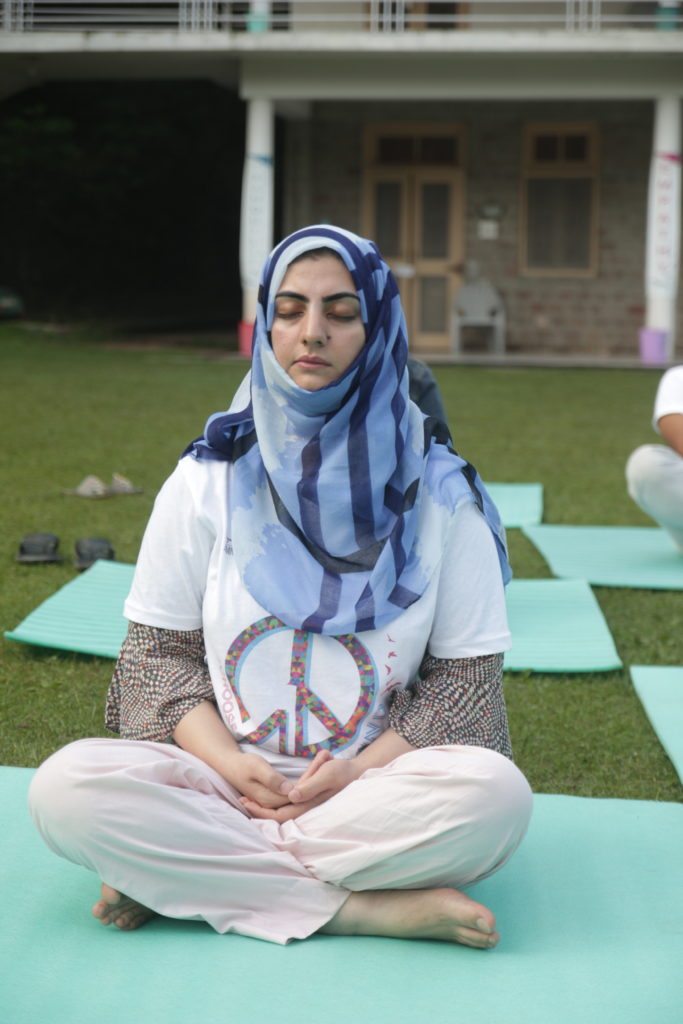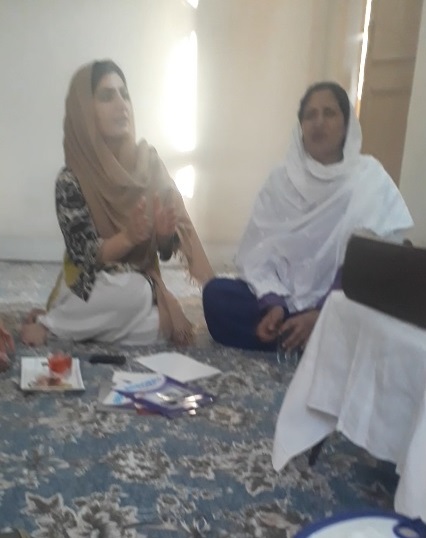Maliha Sahar, CSS officer, has created spaces for focused group discussion where community members talk about the existing issues in the society and share their stories. Alongside, they provide necessary things to school children and other people in their community. Her support and course of action in this regard is what maker her Peace Agent in true manner.
Special Operation
APPRAISAL OF NIKAHNAMA & WOMEN RIGHTS IMPARTED THROUGH THIS IMPORTANT DOCUMENT OF MUSLIM FAMILY LAW AGENDA BRIEF OF THE ACTIVITY Background In western society, the unit of society is an individual whereas in eastern social settings, family is the building block of society; the institution of family being integral to our societal fabric. Nikahnama, a civil contract, is a document which lays the foundation of a family. Despite its immense importance in shaping our lives and hence society, 99% of the common people never read it throughout their lives. Even at the time of their marriage, couples sign this important document without giving it a careful read whereas we would love to delve deeper into specifications when it comes to buying a property or even a mobile. Theme As mentioned above, the negligence and carelessness of women regarding their rights allows their elders or sometimes complete strangers (i.e. Nikahkhwan) to decide what (and what not) are they signing up for. Very crucial parts of Nikahnama are cut and some are not properly negotiated which costs women heavily later in their lives.

This runs totally contrary to the spirit of rights granted to them by their religion as well as state and compromises their peace of mind as well as domestic peace. This can result in suppression and persecution of women as a gender minority and gender related violence. All of this could be avoided by a little awareness and initiating informal discussions. Impact Inspired from the theme of peacebuilding, this awareness would prevent the endorsement and perpetuation of this structural and cultural violence which would contribute substantially in (tangible and intangible) domestic peace. In this way, we can proactively avoid disrupting individual peace of mind and the institution of family. Nature: Focused Group Discussion Number of Participants: 8 women participants (including me), having diverse social roles. Outcomes of the Activity None of the participants had read this important document and all of them welcomed the initiative. Some of the attendees even found the discussion of clause 18 (stipulating the delegation of the right of divorce to bride by bridegroom) disturbing. Nevertheless, all of us had a meaningful discussion about the benefits of careful deliberation and filling out of clauses pertaining to Haq Mehr, right to divorce, monthly maintenance, other important demands, and marital status of the would-be husband). Also came under the discussion the cons of neglecting these important clauses in haste or in the haze of love or family honour, so it’s better to be safe than sorry. The real-life stories shared by some participants also furthered the point that like any other civil contract, we ought to understand Nikahnama carefully and know the rights and obligations it confers upon us. In the end, all of the participants vowed to be more careful and sensitive when the time comes for their daughters and even daughters-in-law and that they would help them make better choices than they did.













Leave a reply